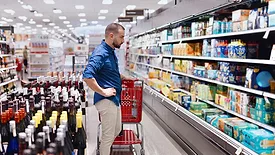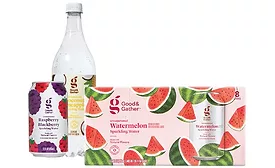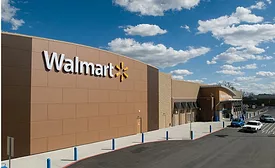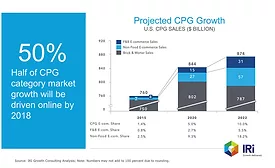Home » Keywords: » mass merchandisers
Items Tagged with 'mass merchandisers'
ARTICLES
Channel attracts consumers with prices and array of offerings
Read More
Affordability helps mass merchandisers resonate with shoppers
Price, partnerships draw consumers to mass market retailers
October 21, 2024
Channel Strategies
Mass merchandisers capitalize on grocery items, services
Consumers spending more on food and drink, reducing discretionary spend
October 26, 2023
Channel Strategies
Mass merchandisers struggle amidst inflation
Competitive prices have caused the channel to fall flat
October 31, 2022
Jones Soda expands footprint with Meijer agreement
210 Meijer stores to carry flavored soft drink brands top flavors
October 28, 2021
Channel Strategies
Mass merchandisers capitalize on one-stop-shop format, eCommerce
Physical retail continues to play a crucial role in omnichannel shopping habits
October 22, 2021
Channel Strategies
Mass merchandisers capitalize on ease, convenience
Strategic product placement, eCommerce complements are driving sales
October 29, 2020
Mass merchandisers focus on grocery, pickup options
Bottled water, craft beer and emerging ready-to-drink beverages popular solutions for channel
November 18, 2019
Mass merchandisers decrease footprint, expand online presence
Walmart reaches milestone in grocery deliver and grocery pickup
November 15, 2018
Urbanization, eCommerce impact mass merchandisers
Supercenters increase sales, share
November 9, 2017
Elevate your expertise in the beverage marketplace with unparalleled insights and connections.
Join thousands of beverage professionals today. Shouldn’t you know what they know?
JOIN NOW!Copyright ©2026. All Rights Reserved BNP Media.
Design, CMS, Hosting & Web Development :: ePublishing













